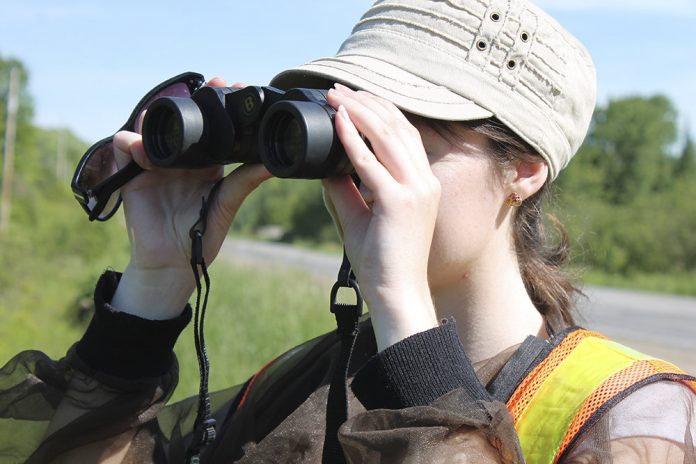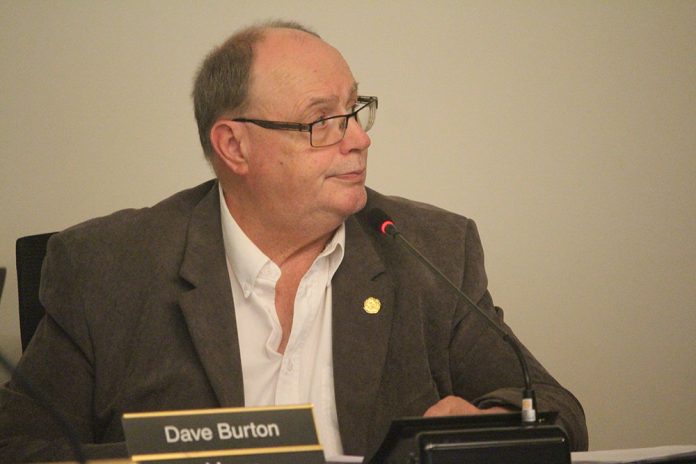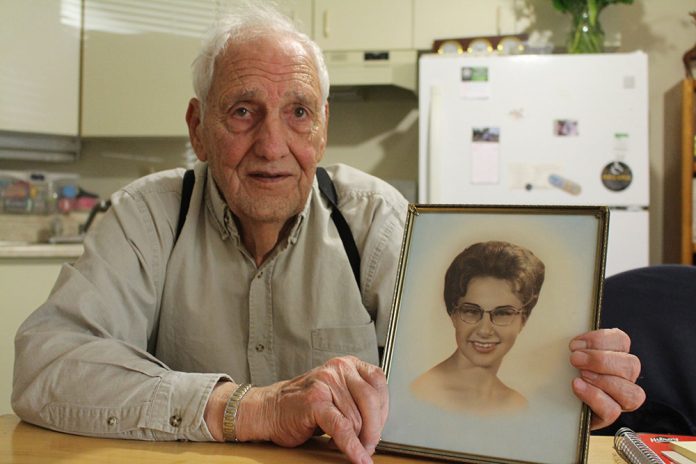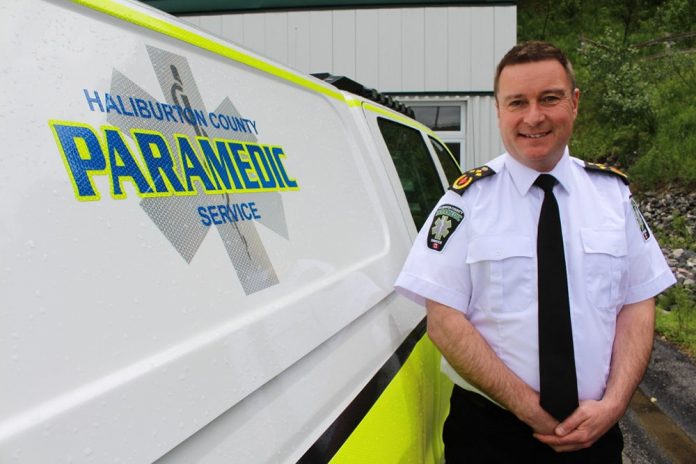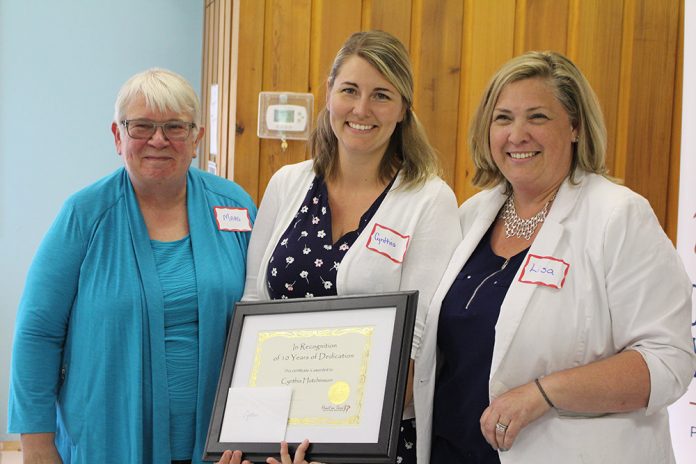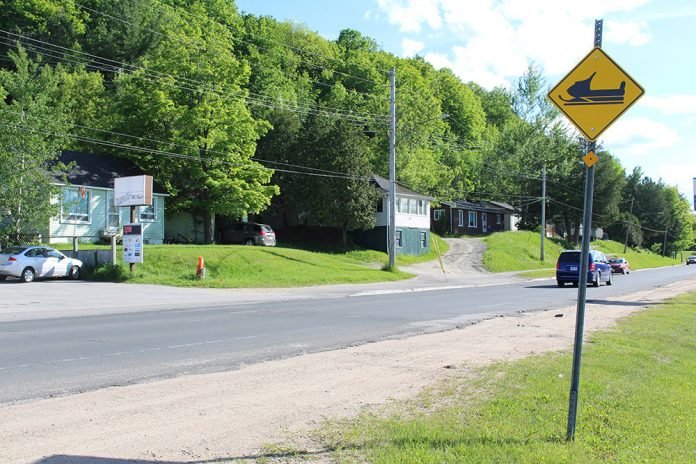The Haliburton County Snowmobile Association (HCSA) is pushing to make the area more snowmobile-friendly by highlighting its multimillion-dollar contribution to the economy.
The Ontario Federation of Snowmobile Clubs (OFSC) released a new economic impact study June 13, its first in five years. Based on the report’s data, the HCSA is estimating that snowmobilers spent approximately $28.843 million in Haliburton in the 2018-19 season, contributing a total of $8.276 million in taxes across all government levels.
HCSA director of community relations John Enright said it is an important indicator for snowmobiling in the county and a reason why the tourism sector needs to support it.
“The tourism industry here should bear down and focus on this as the top outdoor experience in this county because of the huge dollars snowmobilers deliver,” Enright said.
County of Haliburton director of tourism Amanda Virtanen complimented the work of the HCSA and its economic impact.
“The amount of work that the Haliburton County Snowmobile Association does to ensure that visitors and residents have some of the best sledding in Ontario, is pretty incredible,” Virtanen said.
She added establishments do cater to the snowmobile community and the county is working on a special section of its tourism website dedicated to snowmobile promotion.
The HCSA figures are based on the OFSC’s district statistics. In District 6, made up of 14 clubs including Haliburton, snowmobiling visitors spent approximately $99.458 million and contributed $28.5 million in taxes.
HCSA’s stats for Haliburton County are 29 per cent of those figures, based on the HCSA having 29 per cent of the total snowmobile club memberships in the district.
It is not an exact calculation. Enright said the club suspects the HCSA figures may actually undersell snowmobiling in Haliburton.
Regardless, Enright said the club plans to present these numbers to area municipal councils to show why they should introduce more snowmobile-friendly initiatives, such as staging areas.
“Staging areas are desperately needed,” Enright said. “That would do so much for us.”
Across the province, snowmobilers contributed $842 million in expenditures in the 2018-19 season, amounting to $403 million in direct GDP.
District 6 also ranked as the most visited region by snowmobilers this season, capturing 11.8 per cent of total trips.
“From job creation to taxation revenue to keeping a small business open all winter, snowmobilers certainly contribute across the board,” OFSC chief executive offer Ryan Eickmeier said.
Enright said the club has a good relationship with all County of Haliburton municipalities. But he said more could be done to improve snowmobiling promotion without costing many dollars.
This study is a way to help deliver that, Enright said.
“We’re going to share this far and wide and tell our story to anyone who wants to listen,” he said.



